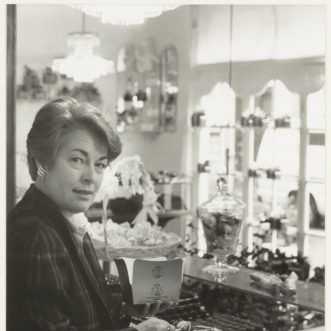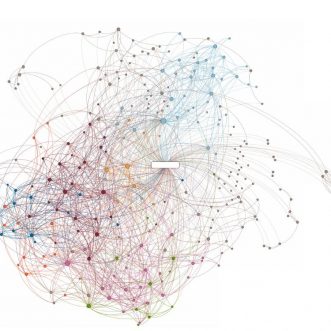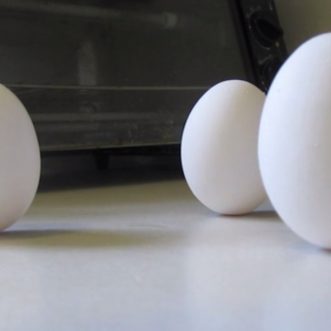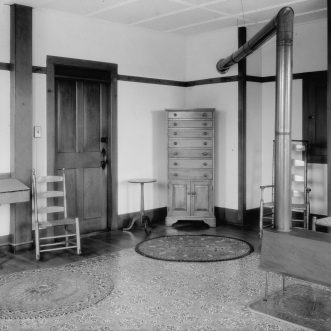
What do small business owners want?
You’ve guessed it.
- Agency – to make their own ‘me-shaped’ dent in the universe.
- Mastery – to learn and master new skills.
- Autonomy – to be free to choose how they make their dent.
- Purpose – to do this for something bigger than themselves, that has meaning beyond the sale.
- Community – to do all this with ‘people like us’.
The question I, and business advisers like me, need to be asking ourselves is then:
What can I do to help them achieve these things?
The side-effect of delivering that is likely to be scalability.








